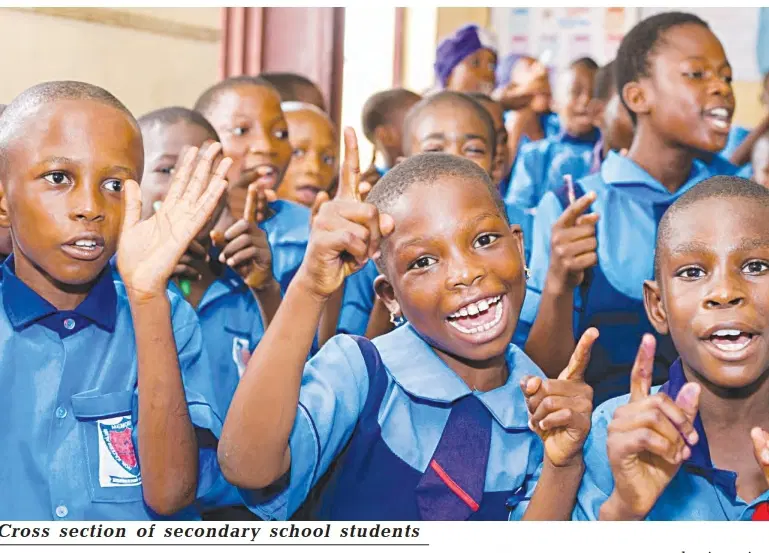As schools resume nationwide, many families are grappling with the economic realities that have made educational expenses increasingly burdensome.
From the East to the West and North to South, the economic strain is felt in every home across Nigeria.
For instance, Bisi, a single mother of three, faced a daunting challenge when she took her children to a private school on Monday, September 9, 2024, to resume after the summer holidays. She hoped to cover her children’s school fees and buy their books, but her expectations were thwarted by a significant fee increase.
Previously, the total fee for her three children amounted to ninety-eight thousand naira (N98,000.00). However, the school management now demands a staggering one hundred and fifty thousand six hundred naira (N150,600.00). This unforeseen hike forced Bisi to reconsider her options.
With her children set to resume in JSS 2, Basic 5, and 2, respectively, Bisi has decided to withdraw them from private school and enroll them in a public school in Lagos State. She explained to Vanguard that since her husband’s death, managing her children’s educational needs has been a struggle. The drastic increase in school fees, combined with her current financial difficulties, has made it impossible for her to afford private schooling.
“I am a trader and am still struggling to pay for house accommodation. My house rent is due in a month. I cannot add this school fees problem to the challenge I’m already facing. Many families are enduring the toughest times with this economic crisis. I do not want to die young. My business is not doing well; people are not patronizing me as before. The situation is tense,” Bisi lamented.
Bella Akhagha, CEO of the Maternal and Child Health Foundation, highlighted the broader impact of the economic crisis on families. She noted that many will be forced to move their children to public schools due to the high cost of education.
“Unfortunately, some public schools, particularly federal secondary schools and universities, are no longer affordable for many families. The rise in fuel prices, increased transportation costs, and escalating food prices compound the problem. School fees have become an additional burden for many Nigerians, making this situation very distressing,” Akhagha stated.

